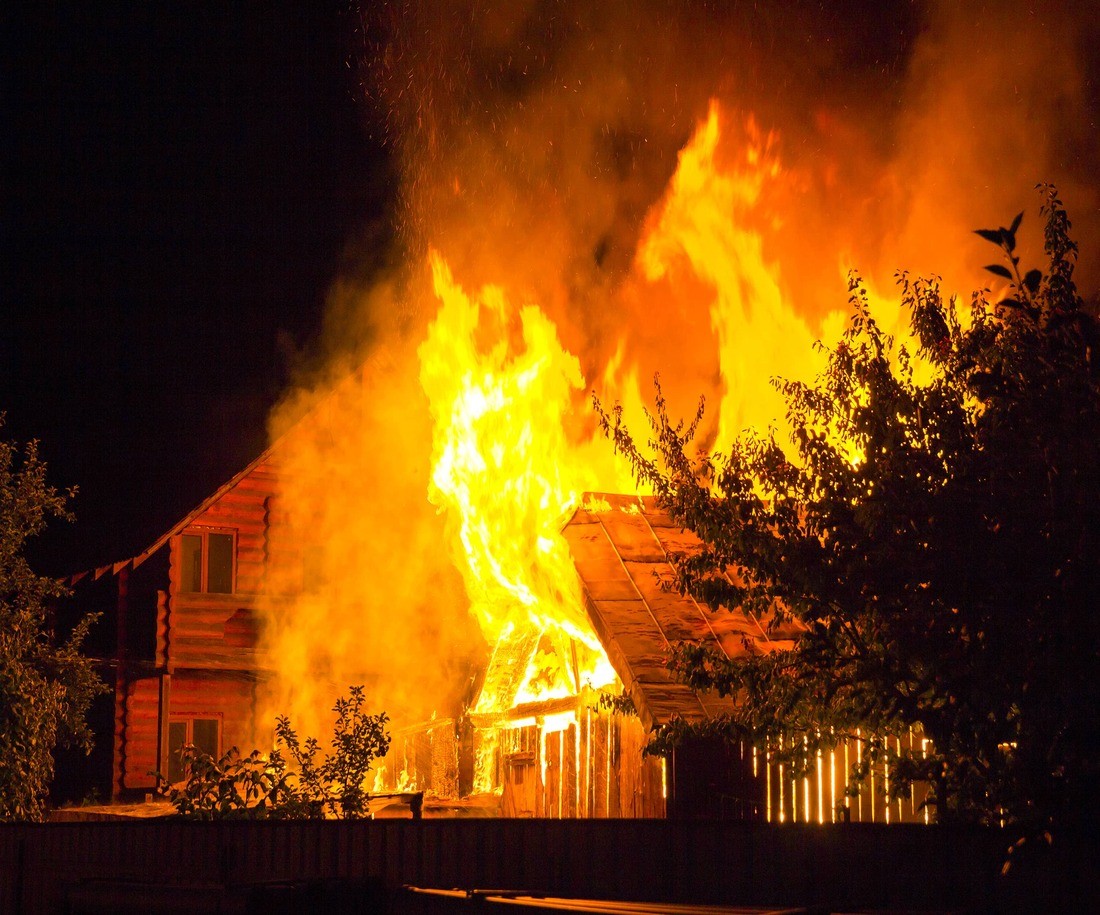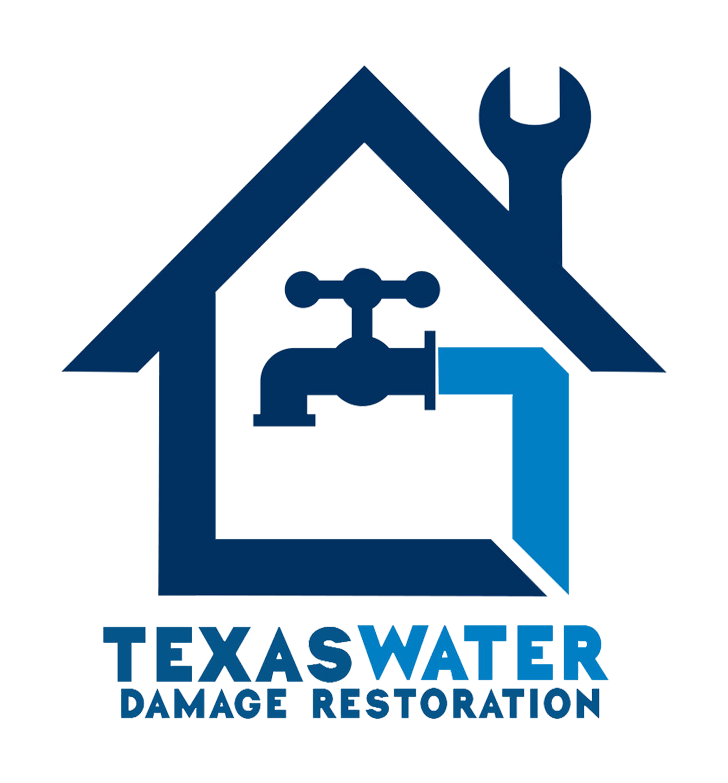.jpg)
Introduction
Fire damage restoration is the process of repairing and restoring properties that have been damaged by fire. Fires can cause significant damage to buildings, homes, and belongings, leaving behind a trail of destruction. It is crucial to address fire damage promptly and effectively to mitigate further damage and restore the property to its pre-loss condition.
In addition to the technical and logistical challenges of fire damage restoration, there are also legal considerations that property owners and restoration companies need to be aware of. Understanding the legal aspects can help ensure compliance with regulations, protect the rights of all parties involved, and facilitate a smoother restoration process.
.jpg)
The Law and Fire Damage Restoration
1. Insurance Coverage
One of the first legal considerations in fire damage restoration is insurance coverage. Property owners should review their insurance policies to determine the extent of coverage for fire damage. Insurance companies may have specific requirements and procedures for filing fire damage claims, and property owners must adhere to these guidelines to receive proper compensation.
Restoration companies should also have liability insurance to protect themselves and their clients. It is essential to verify that the restoration company has valid insurance coverage before entering into an agreement.
2. Building Codes and Permits

When restoring fire-damaged properties, compliance with building codes and obtaining the necessary permits is crucial. Building codes ensure that repairs and renovations meet safety standards and comply with local regulations. Failure to comply with building codes can result in fines and delays in the restoration process.
Restoration companies should be familiar with local building codes and obtain any required permits before starting the restoration work. Property owners should work closely with the restoration company to ensure all necessary permits are obtained and construction is done in compliance with applicable regulations.
3. Environmental Regulations
Fires can release hazardous materials into the environment, such as asbestos and lead. Restoration companies must adhere to environmental regulations when handling and disposing of fire debris and damaged materials. Failure to comply with environmental regulations can result in penalties and legal consequences.
Property owners should ensure that the restoration company they hire follows proper environmental protocols and disposes of hazardous materials safely. It is essential to choose a restoration company that is knowledgeable about environmental regulations and experienced in handling hazardous materials.
4. Health and Safety Regulations
During fire damage restoration, health and safety regulations must be followed to protect workers and occupants of the property. Restoration companies should have procedures in place to ensure the safety of their employees and mitigate any health risks associated with the restoration process.
Property owners should be aware of the health and safety guidelines that restoration companies need to adhere to. It is advisable to work with restoration companies that prioritize safety and have proper training and certifications for their employees.
Frequently Asked Questions
What is fire damage restoration?
What are the legal considerations in fire damage restoration?
How can property owners ensure compliance with legal requirements during fire damage restoration?
What should restoration companies consider regarding the law?
If you require professional fire damage restoration services, contact Texas Water Damage Restoration Pros at +1 (833) 365-6154. Our experienced team is ready to assist you with fire damage cleanup, smoke odor removal, and restoring your property to its pre-loss condition.
Sources:
